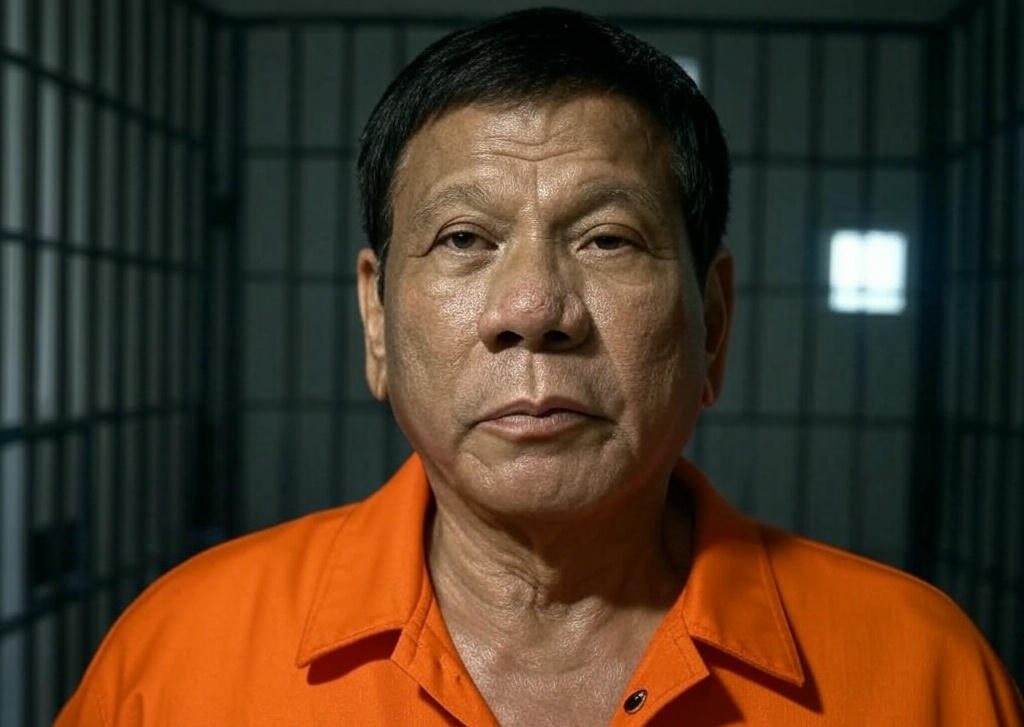MANILA, Philippines—The unexpected arrest of former President Rodrigo Duterte has sent shockwaves through Philippine politics, leaving the Duterte family’s influence hanging by a thread. The former leader was escorted onto a flight to The Hague, facing charges of crimes against humanity linked to his controversial drug war. Current President Ferdinand Marcos stated that adhering to the International Criminal Court (ICC) warrant was simply fulfilling international obligations, without political implications.
Just a month after Vice President Sara Duterte’s impeachment over allegations of corruption and conspiracy, the Duterte family’s political future appears uncertain. Analysts from Agence France Presse observe that their prospects were already shaky, exacerbated now by recent events. “Their political landscape was ominous even before these incidents,” remarked Michael Henry Yusingco of the Ateneo Policy Center, referring to the dynamics ahead of the May midterm elections.
In the impending elections, only three candidates from Duterte’s PDP Laban party are gaining traction for one of the 12 vacant Senate seats, whereas Marcos’s New Philippines Alliance is showing stronger numbers. These seats are pivotal for the upcoming vice-presidential trial following Sara Duterte’s impeachment spearheaded by House Speaker Martin Romualdez, a close ally of President Marcos.
The fragile alliance between the Marcos and Duterte camps started unraveling shortly after their landslide win in 2022, especially when the vice president was excluded from the sought-after defense portfolio. Hostilities escalated as Duterte, in public spats, labeled Marcos a drug addict, while President Marcos actively criticized Duterte’s violent anti-drug policies.
The arrest itself was a strategic move by the government, as former President Duterte was taken into custody swiftly and discreetly at Manila’s airport upon returning from Hong Kong, dispelling any rumors of an ICC warrant. Political analyst Richard Heydarian suggested Duterte may have aimed to use these circumstances to cast himself as a victim, a strategy that backfired when authorities efficiently transferred him to The Hague.
Analysts like Jean Franco from the University of the Philippines suggest that this arrest, stemming from the fracture between Duterte and Marcos, caught the former president off guard. Despite a faction of voters possibly resonating with a victim narrative, Yusingco believes that such sentiments won’t significantly influence voter sentiment.
The future of the Duterte political stronghold remains uncertain, as analysts note the family may struggle to fill the leadership void left behind. As elections loom, the once formidable Duterte dynasty faces an unprecedented challenge, with the family’s charisma and influence dwindling.

